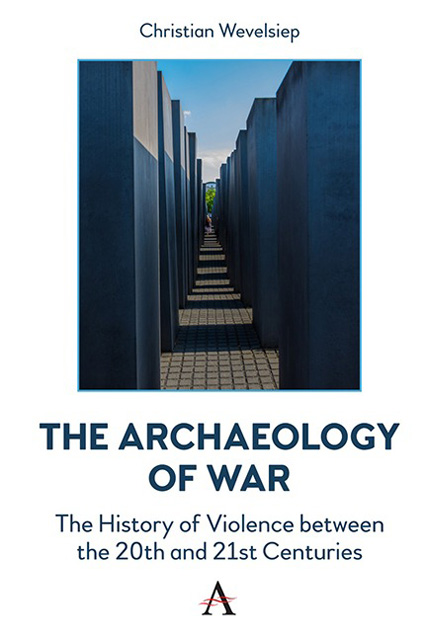Chapter Eleven - From the Worldview of War to the Worldview of Concern
Published online by Cambridge University Press: 17 October 2023
Summary
Man is a being of conflict. Is he also necessarily a being of war? The confrontation with the world is constitutive for the deficient human being; however, confrontation does not only mean conflict but also self-assertion in an environment that appears violent, hostile and contrary to life. Man’s confrontation with his world is not necessarily warlike, but it is also never free of any violence.
Brilliant metaphors are ready to point out the confrontation with the world. Let us think of the distinction between land and sea; man, wrote Carl Schmitt, is a being of solid ground (Schmitt, 1942). A firm standpoint is gained in space, on the earth, but the real admiration is nevertheless for the motif of taking the sea. The sea becomes the symbolic motif of reality; it is unpredictable, disorderly, shapeless and indeterminate. The dominion over the seas is, as it were, world dominion. The ocean reveals a defining facet of the human condition: if you venture too far out, you will be swallowed up by the elements; it is only on land that man wins the confrontation, when he opposes his will to the arbitrariness of the powers that be.
Another metaphor about realities in which we live is found in polar regions. The eternal ice confronts man with the experience of infinity. Under a mass of ice that stretches across the land masses like a gigantic carpet, life is, as it were, negated (Blumenberg, 1979, 1999). The human world threatens to suffocate under the rule of ice; everything that would be significant in the human world threatens to be shrouded by eternal silence.
The eternal ice threatens absolute insignificance and silence, but in the present, the ice becomes the object of a relationship of concern. In a global context, the melting of the ice becomes a metaphor of concern, both figuratively and literally. For beneath a thawed sheet of ice are the traces of a new kind of relationship of violence and world. Worry is not directed against the world, but is its own expression – henceforth, it no longer applies to the traditional reference to the world, which would simply be based on one’s own survival. Categories have to be found for this world relation of concern. A language must be formed that can break free from the old orders.
- Type
- Chapter
- Information
- The Archaeology of WarThe History of Violence between the 20th and 21st Centuries, pp. 153 - 170Publisher: Anthem PressPrint publication year: 2023



